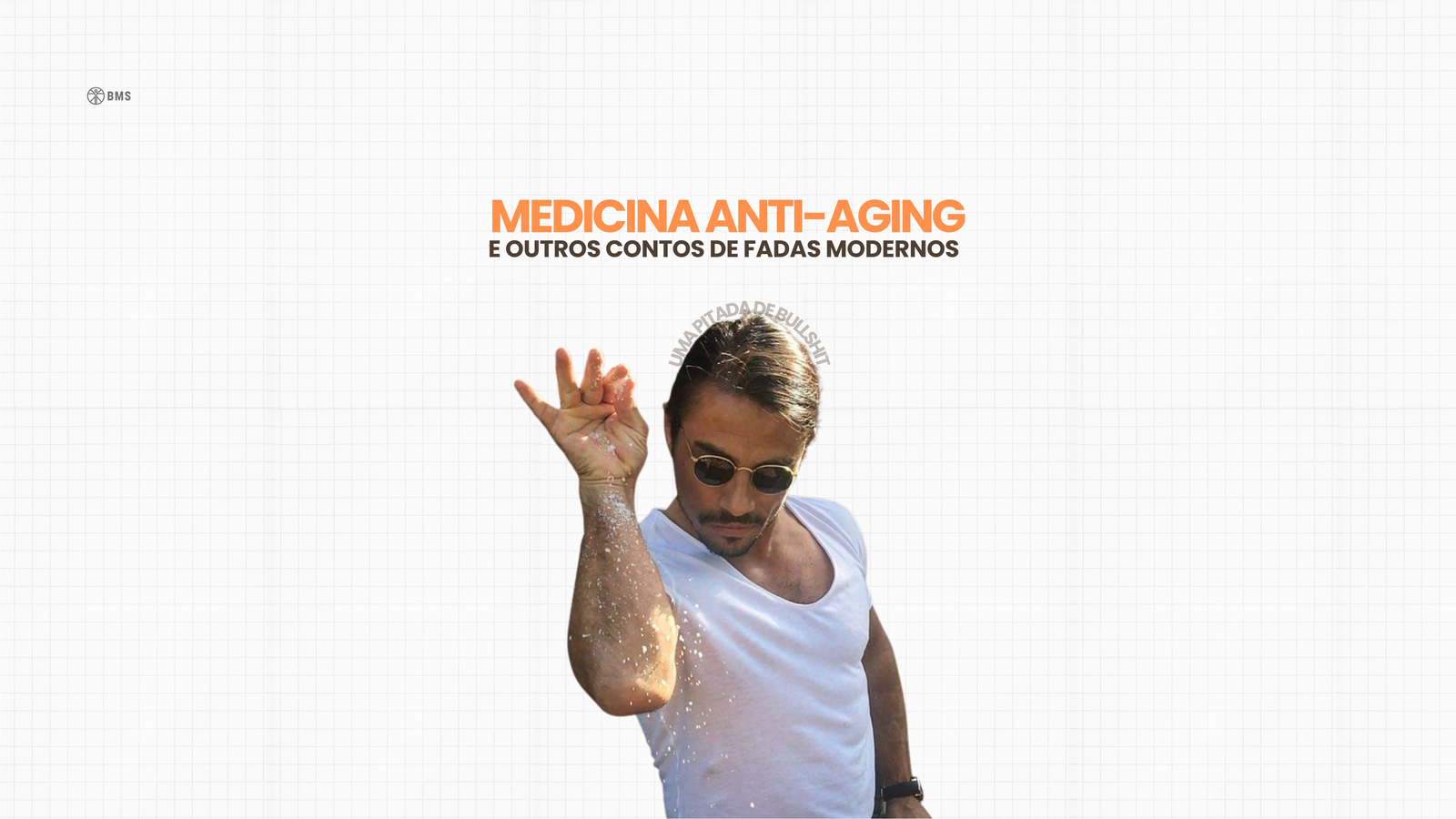There's a new religion spreading across the world. It has no temples or communion wafers, but it does have clinics with marble walls and syringes on altars. I'm talking about anti-aging medicine—that modern miracle that promises to stop time, but starts by stopping your bank balance.
The idea is simple: "You're not aging, you're accumulating toxins, losing collagen, falling victim to silent inflammation." (Have you noticed how "silent" everything is these days? Your body doesn't even scream anymore—it's all whispered by Instagram science.)
Suddenly, 30 is the new 50, 50 is the new 25, and there's always a supplement, an intravenous shot, or a bioidentical hormone ready to solve what nature, poor thing, never managed to keep up with.
But let's take it one step at a time.
Marketing or miracle?
Anti-aging medicine sells hope in capsules. Literally . "Restore your energy with NAD+." "Reverse aging with ozone therapy." "Correct your DNA with serum fasting meditation." And, of course, the star: "Get your epigenetic analysis to know when you're going to die... and pay €300 for it."
Marketing is as sharp as a new scalpel. There's always a story about someone in their 50s with the body of a 30-year-old (it doesn't matter if they're taking more pills than an octogenarian). They show you their glowing skin, abs without a hint of visible cortisol, and the smile of someone who no longer knows what it's like to chew bread—because bread gets old.
The illusion of eternal performance
Fitness is also showing this. Today, people train not only to get strong, but also to have happy mitochondria. Fasting workouts, ice baths, Wim Hof breathing, and infrared saunas are part of the routine before even lifting a weight. The goal is no longer just health or performance, it's "total optimization." Because living well is good, but living forever young is even better.
The Biohacker Paradox
The modern biohacker claims to be healthy, but he sounds like a pharmacist on a rave: caffeine, creatine, L-theanine, magnesium at night, vitamin D at 8 a.m., melatonin at 9 p.m. All monitored with wearables, apps, and graphs. He lives in pursuit of longevity, but spends half his time checking supplements on Amazon.
And then they complain that they're always tired. No wonder, just between the mushroom tea, the resistance training, and the cold protocol, that's three lifetimes in one day.
What does it really mean to age well?
The industry wants to sell the idea that aging is a disease. But maybe it's just natural. And perhaps the secret isn't trying to look 20 years younger, but rather accepting your body with the same patience with which we wait for wine to improve in the bottle .
Of course it's good to take care of ourselves. Of course, supplements can help, there are incredible advances in medicine, and living better and longer is a legitimate goal. But when the focus is on looking young at all costs… then it's no longer medicine—it's vanity and marketing.
And if there's one thing that ages quickly, it's the obsessive search for youth.

